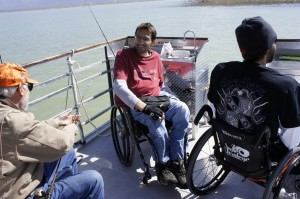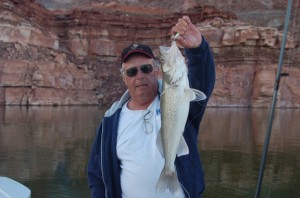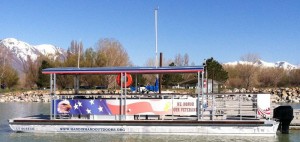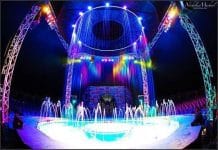Author: Whitney Hollingshead
If you have ever known someone personally who has served in a war, you know how difficult life can be for any soldier who returns home. Or maybe you even know children in a military family that have lost a parent. The consequences of war are far reaching and often touch very close to home.
Many veterans are diagnosed with PTSD. So what is PTSD? According to the National Institute of Mental Health, PTSD is the abbreviation for post-traumatic stress disorder. Post-traumatic stress disorder is characterized as an anxiety disorder that occurs after an individual has gone through an emotional trauma of an extreme nature. Many individuals suffering from PTSD experience the traumatic events over and over again through nightmares, flashbacks, or even disturbing thoughts. Other symptoms and challenges are also closely connected to PTSD. As a result, the individual’s daily routine can be greatly disrupted and they may have a difficult time participating in “normal life”.
One of the best ways to help those with PTSD is to involve them in activities that by nature are the exact opposite of situations that produce anxiety. One of the activities that is rising in popularity as a way to help those with PTSD is fishing.
Have you ever heard of piscatorial therapy? In everyday terms, piscatorial therapy is using fishing as a form of therapy. Fishing integrates social camaraderie, mental relaxation, and low-impact exercise. As a result, many consider fishing an anxiolytic, or an intervention method that suppresses anxiety. After all, fisherman are known for enjoying the serenity and solitude found on a lake, river, or pond. An “anxious fisherman” is very hard to picture in real life.
Fishing by nature, is a very relaxing activity; however, if you ask any fisherman if fishing is boring, they will be quick to answer that fishing is not boring. Perhaps this is because every once and a while a fisherman will get a fish to bite which leads to a surge of adrenaline, which is then followed by a sense of accomplishment when a fish finally gets reeled in.
As mentioned above, another benefit of fishing is the opportunity for social interaction. Spending time in a stress-free environment with others who have experienced similar hardships is really therapeutic. For veterans, being on a boat with other veterans is a great way to be reminded that they are not alone in the challenges they face, while enjoying the other natural benefits that fishing has to offer.
Several individuals, groups, and organizations across the country are taking notice of the tremendous benefits that fishing excursions can have for veterans. In fact, both the University of Utah and the Salt Lake City Veteran’s Affairs office were involved in a 2009 study that concluded that veterans who participated in a two-day three-night fly fishing residential retreat showed significant improvement in relation to their PTSD symptoms. While this study focused on a specific program, the overall benefits associated with veterans who are able to go fishing for any length of time are worth noting.
The great news is you don’t have to look very far to find an incredible fishing opportunity for veterans in Utah.
Steve Henline has spent most of his life on the water in a fishing vessel. He spent his career as a guide on many fishing excursions. Steve has a passion for teaching others to fish and loves to spend time on the water with others. After a lot of time, thought, and help from others, Steve Henline started an organization that would make it possible for veteran’s and individuals with disabilities to go fishing.
 What makes Hand in Hand Outdoors so unique is that their fishing vessel is a custom pontoon boat that can accommodate multiple wheelchairs, in addition to other passengers. Now veterans or individuals with disabilities can have the opportunity to go fishing on the lake. This is a dream come true for those who once loved to fish, but have since been confined to a wheelchair for many years. And the opportunity is also extended to children with disabilities, as well as children who have lost a parent to war. How cool is that?
What makes Hand in Hand Outdoors so unique is that their fishing vessel is a custom pontoon boat that can accommodate multiple wheelchairs, in addition to other passengers. Now veterans or individuals with disabilities can have the opportunity to go fishing on the lake. This is a dream come true for those who once loved to fish, but have since been confined to a wheelchair for many years. And the opportunity is also extended to children with disabilities, as well as children who have lost a parent to war. How cool is that?
The boat heads to the lake multiple times a week all summer long and there is never a shortage of passengers. Last year 550 people boarded Freedom’s Dream for their own fishing adventure. Hand in Hand Outdoors works closely with the Veteran’s Hospital and makes sure there is a licensed psychiatrist on board if needed.
Check out this cool video that shares more about Hand in Hand Outdoors. You can also visit their website for more information, to find out how you can help, or to get additional information for those who can directly benefit from an excursion on Freedom’s Dream.



















